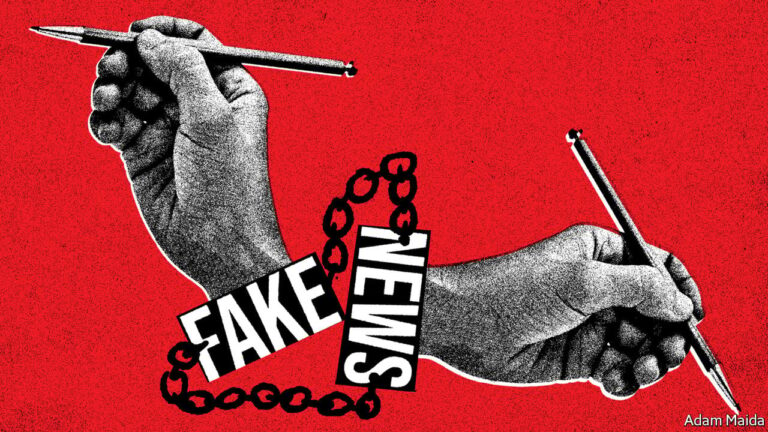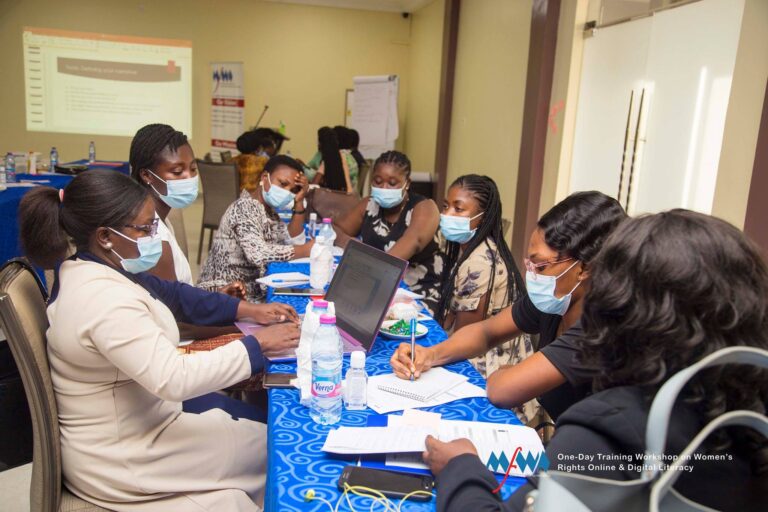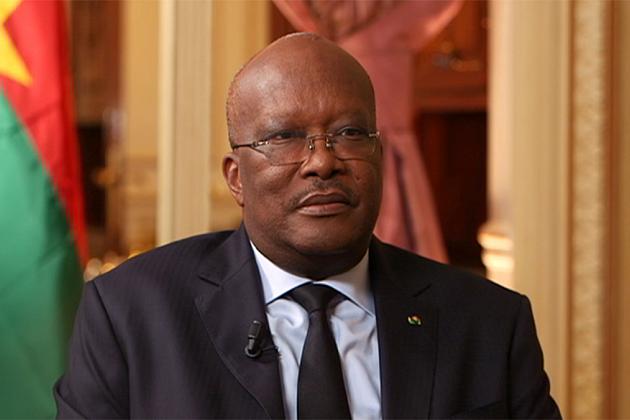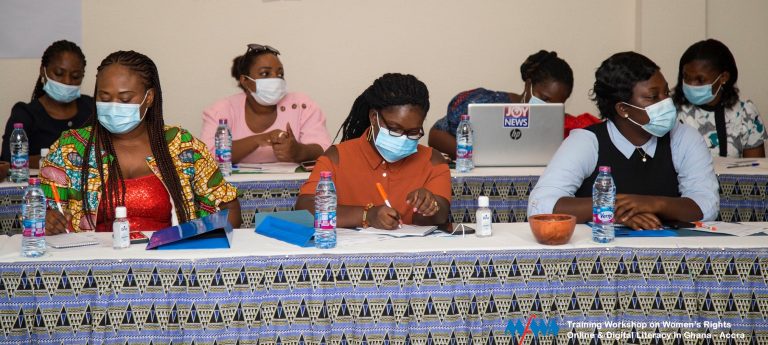Written by our programme officer, Kwaku Krobea Asante, this article was originally published by Poynter, host of the International Fact-Checking Network, where MFWA’s Fact-Check Ghana is a member. The piece was published in commemoration of International Fact-Checking Day, held April 2 each year to recognise the work of fact-checkers worldwide.
In the wee hours of Dec. 20, 2019, armed security guards stormed the quiet residence of the Beninois journalist Ignace Sossou. Without an arrest warrant, they dragged the journalist from his wife’s and 5-year-old daughter’s side to the Central Office for the Repression of Cybercrime. He was detained for four days.
Sossou had quoted Benin’s public prosecutor in social media posts when the public official spoke at an event. At a forum in Cotonou in December 2019, the prosecutor was reported to have said “The internet shutdown on polling day on April 28 (2019) is an admission of weakness on the part of those in power.” Later regretting the impact of his comments, which appeared to criticize the government for shutting down the country’s internet on election day, the public prosecutor recanted his claim. He said the journalist had quoted him out of context. At the prosecutor’s insistence, Sossou was arrested.
Despite protests for his release by many press freedom organizations across the world, Sossou was eventually sentenced to 18 months in prison under the country’s “digital code” for “harassment by means of electronic communication.” Adopted in 2018, just months before the journalist’s arrest, the digital code was to regulate the country’s digital economy while dealing with online harassment and the publication of fake news.
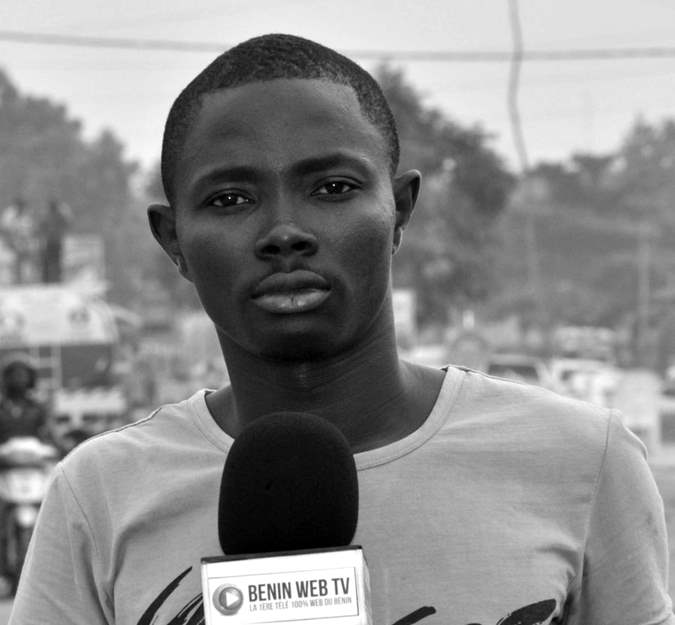
By January 2020, less than two years after its adoption, Benin’s digital code had caused the prosecution of at least 17 journalists, bloggers and political dissidents of President Patrice Talon’s regime. Sossou’s unfortunate imprisonment added to the numbers.
Emergence of new fake news laws
The rapid spread of misinformation and disinformation has sent many governments across the world scrambling for solutions. In West Africa, where the “information disorder” poses a more imminent danger due to weak democracies and highly tense socio-political atmosphere, the push for laws is perhaps more intense.
Over the period, governments in the subregion have adopted two main content regulation measures to deal with the menace of false information – technological (censoring or blocking access to the means of exchanging information) and legal (bills to regulate false information). The former measure is only temporary, mainly adopted during key nationwide events like elections and protests but heavily criticized for infringing on the internet rights of citizens. The latter measure is becoming more pervasive as it is permanent and adopts some democratic trappings during its creation.
In the last decade, many countries in the subregion have either passed a law that specifically targets fake news or are in the process of adopting one. However, these fake news laws are increasingly being appropriated against journalists critical of West African governments.
Benin is not alone. In Nigeria, the Cybercrime Act, adopted in 2015, has become a key weapon for muzzling critical journalists. Notorious for having hostile provisions against freedom of the press and of expression, the Cybercrime Act has led to the continuous harassment of Agba Jalingo, publisher of the online newspaper Cross River Watch. Jalingo spent 174 days in detention after being charged with treasonable felony and terrorism for publishing a story that alleged the misappropriation of state funds by the Cross River State government.
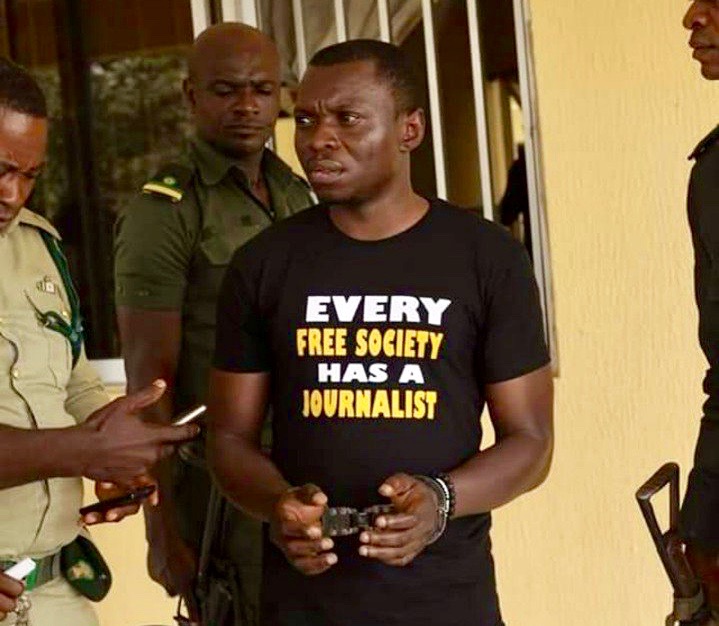
Journalist Oliver Fijero was charged with five counts of “cyberstalking” under the act in 2017 after his news website published a series of reports alleging corruption at the state-owned Sterling Bank. In 2020, Saint Mienpamo Onitsha was kidnapped by four masked men from the Department of State Service for alleging in a news report that the COVID-19 isolation center of Kogi State had collapsed. The State denied the journalist’s report and later charged him with publishing fake news under the Cybercrime Act.
While the list of victims of the law is long, as it includes many human rights activists and political opponents, it is worth noting that in many cases where the Cybercrime Act has been invoked, the only “cyber” connection is merely that the claims were published online.
About a year ago, the Economic Community of West African States human rights court ruled that portions of the Cybercrime Act of Nigeria are inconsistent with international laws including the African Charter on Human and Peoples’ Rights and the International Covenant on Civil and Political Rights. The court has ordered a review of the Act.
Like Nigeria, Ivory Coast, Sierra Leone, Guinea and Niger and Togo have all adopted similar cybercrime or cybersecurity laws that repress freedom of expression and harass journalists on the grounds of publishing fake news at the least provocation.
In 2017, Senegal, once considered a beacon of press freedom and democratic governance in Africa, passed its Press Code after about a decade of review. Not exactly a cybersecurity law, the code was being reviewed under the general notion that it was to improve the working climate for journalists. But it ended with amorphous provisions that criminalize publications that “prejudice public decency” and publish “fake news” with jail terms of up to three years as punishment.
In the Sahel regions of West Africa, democracy is receding, and military governments are resurging. Fundamentalists and jihadist groups are also gradually closing in, and violent protests are becoming rampant. These have created a tense political atmosphere with the media being the principal victims. Here, media reports need not be deemed “fake news” to warrant the arrest of journalists.
In Burkina Faso, now governed by a military junta, two main amendments in the penal code regulate how much information media houses can publish about military operations related to terrorists’ attacks. Burkina Faso’s journalists risk being imprisoned or fined up to 10 million CFA francs ($17,980) for publication deemed to undermine the country’s security.
Although not strictly enforced, the laws require the media to obtain authorization before publishing stories.
In Mali, the transitional military government that came to power after a May 2021 coup has created a hostile press freedom environment, suffocating media houses into self-censorship. Multinational media organizations that appeared to be challenging the regime’s abuses are also being barred.
In March 2023, Malian authorities accused Radio France Internationale (RFI) and French state-owned international TV news network, France 24, of “false publications with no basis or whatsoever.” This follows the stations’ publication of investigations reporting that Malian Armed Forces are engaging in human rights abuses. The two stations have been “suspended until further notice.”
Old laws appropriated for the ‘fake news task’
In Ghana, new laws have not been passed to police fake news. Old repressive laws in the books are good enough to execute the task. Section 208 of the Ghana criminal code (Act 29) and Article 76 of the Electronic Communications Act, 2008, ACT 775 have been invoked ceaselessly to shut up journalists.
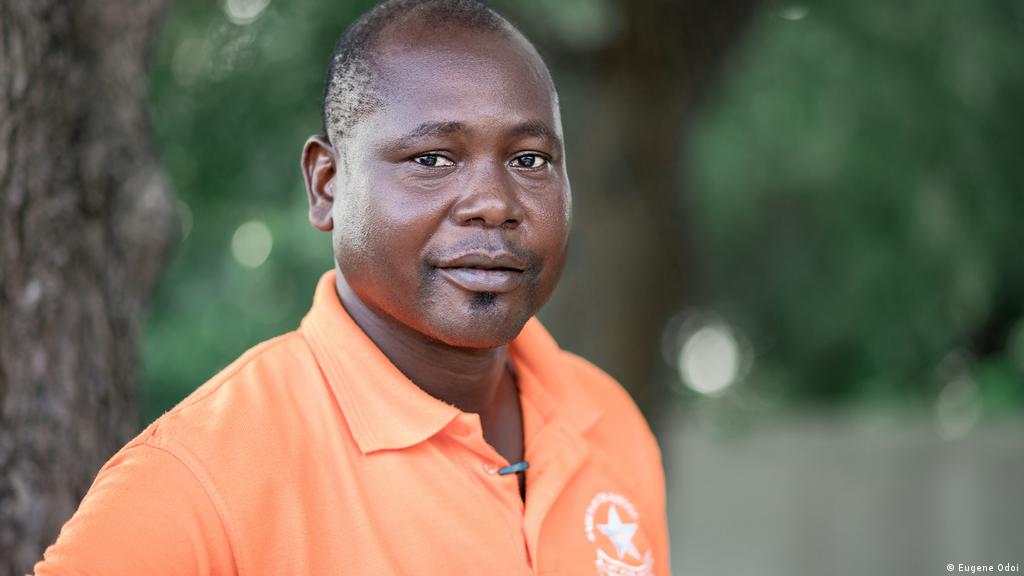
In less than two years, about five journalists have been prosecuted in Ghana under these laws. Journalist Noah Dameh, deputy station coordinator of Ada radio, a community radio station in the Greater Accra Region, is currently standing criminal trial for a Facebook post deemed false by the police. In the post, he sought to hold to account a politically aligned businessman and his salt mining company whose activities were abusing human rights and destroying the livelihoods of the residents in the Ada community.
Today in West Africa, journalists and fact-checkers have to deal with the problem of fighting “fake news,” mainly propagated by politicians and their agents, and avoid being jailed by fake news laws passed by the same politicians.

